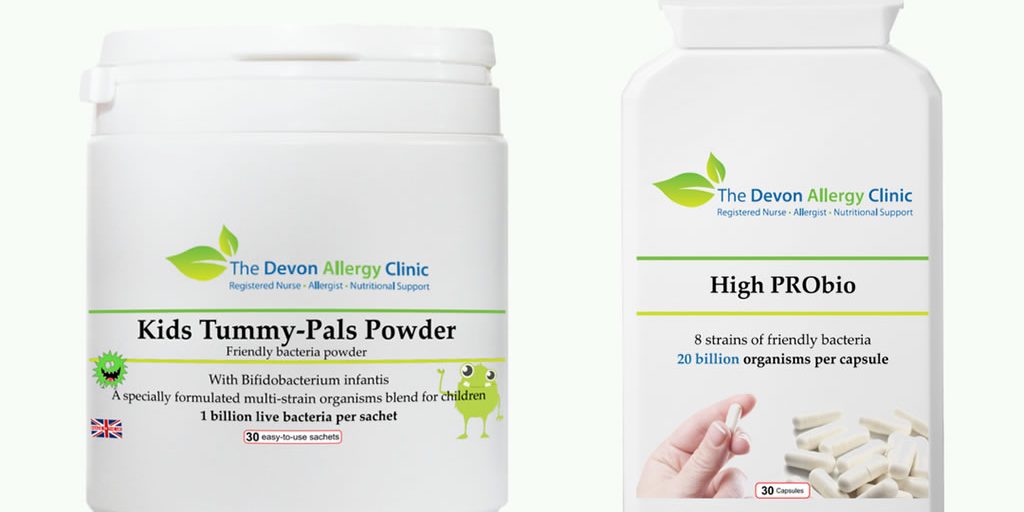The Power of Probiotics: Why You Should Take Them After Antibiotics

Antibiotics have revolutionised the field of medicine, offering a powerful defense against bacterial infections. However, they can also disrupt the delicate balance of beneficial and harmful bacteria in our gut, leading to a range of health issues. That’s where probiotics come into play. In this blog, we’ll explore the importance of taking probiotics after a round of antibiotics and how they can help restore and maintain your gut health.
- The Antibiotics and Gut Health Connection
Antibiotics are essential for treating infections, but they don’t discriminate between good and bad bacteria. This collateral damage can leave your gut microbiome in disarray, potentially leading to digestive issues like diarrhea, gas, and bloating. Probiotics, often referred to as “good bacteria,” play a pivotal role in restoring this balance.
- Replenishing the Gut Microbiome
Probiotics are live microorganisms that can provide numerous health benefits when consumed in adequate amounts. By taking probiotics after antibiotics, you can replenish the beneficial bacteria that were wiped out during your treatment. This helps to restore the balance of your gut microbiome, promoting better digestion and overall well-being.
- Preventing Antibiotic-Associated Diarrhea
One of the most common side effects of antibiotics is diarrhea. Antibiotic-associated diarrhea occurs when the antibiotics disrupt the gut flora. Probiotics can help alleviate this uncomfortable symptom by reintroducing beneficial bacteria to your system, which can reduce the chances of developing diarrhea.
- Boosting Immune Function
The majority of your immune system resides in your gut. When antibiotics disrupt the balance of the gut microbiome, your immune function may be compromised. By taking probiotics, you can fortify your immune system, making it better equipped to fend off harmful pathogens.
- Combating Antibiotic-Resistant Bacteria
The rise of antibiotic-resistant bacteria is a growing concern in the medical community. When antibiotics are overused, these resistant strains can thrive. Probiotics offer a promising complementary approach to antibiotics, helping to maintain a diverse and healthy gut microbiome that can contribute to a more effective response to antibiotics when needed.
- Enhancing Nutrient Absorption
A healthy gut microbiome is crucial for efficient nutrient absorption. When antibiotics disrupt this balance, it can lead to deficiencies in essential vitamins and minerals. Probiotics can aid in restoring proper nutrient absorption, ensuring that your body gets the vital nutrients it needs.
- Mental Health Benefits
Recent research has highlighted the connection between the gut and the brain, often referred to as the “gut-brain axis.” A disrupted gut microbiome can have implications for mental health, potentially leading to conditions like anxiety and depression. Probiotics have shown promise in supporting mental health by maintaining a balanced gut microbiome.
- Customized Probiotic Strains
When considering probiotics, it’s important to choose the right strains that suit your specific needs. Different strains of probiotics offer various benefits, so it’s essential to select the ones that address your individual health concerns. Consulting a healthcare professional can help you make an informed choice.
Conclusion
Taking probiotics after antibiotics is a sensible step toward maintaining and restoring your gut health. These beneficial microorganisms can help counteract the disruptions caused by antibiotics, prevent adverse effects, and promote overall well-being. As with any health decision, it’s crucial to consult with a healthcare provider to determine the best probiotic regimen for your unique needs. Remember, a healthy gut is a cornerstone of good health, and probiotics can be your trusted allies in maintaining that balance.
